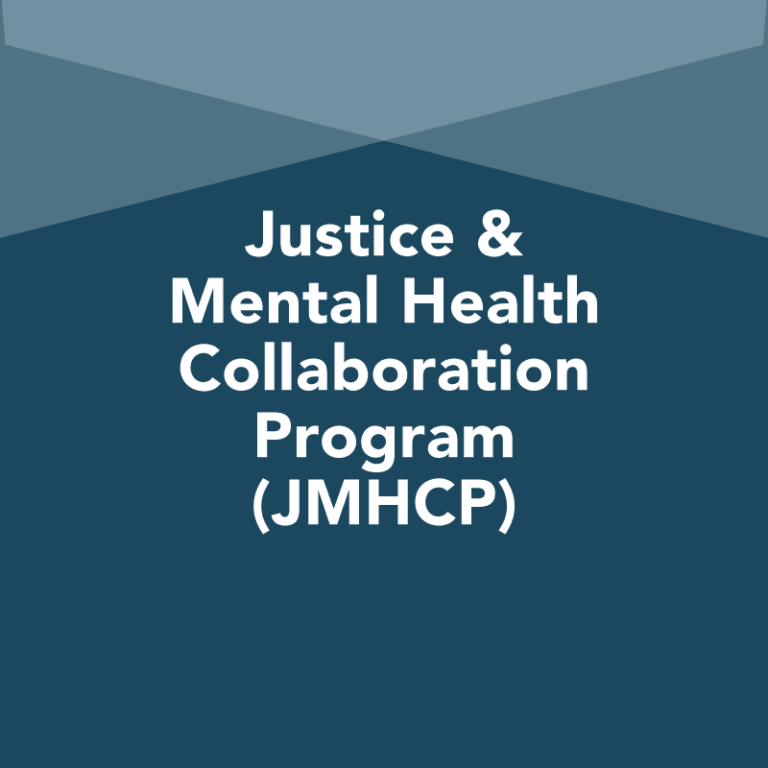Collecting data and evaluating programs should be a critical element of all criminal justice and behavioral health initiatives. However, the data collection process can be overwhelming and unclear. Programs need to determine what data to collect, how often, and how to use them to assess impacts, set goals, and make improvements. This brief will help project coordinators and research partners working with government entities or nonprofit agencies identify, collect, and prioritize the appropriate data as well as provide recommended metrics for behavioral health and criminal justice-related programs. Photo credit: ConnectVector via Shutterstock.
Related Resources

Preparing Law Enforcement Agencies for Embedded Clinicians
Crisis Systems, Law Enforcement, Mental Health
Read more
Building Successful Partnerships with Peer-Run Organizations
Co-Occurring Substance Use, Mental Health
Read more
FY2023 Planning and Implementation Guide for JMHCP Connect and Protect
Co-Occurring Substance Use, Law Enforcement, Mental Health
Read moreAuthors

Amelia Vorpahl
Former Content Development Specialist, Communications and External Affairs
Amelia Vorpahl led the writing and strategic development of an array of content that advances the CSG Justice Center’s goals, including policy reports, fact sheets, interactive tools, and web content. Before joining the CSG Justice Center, Amelia worked on the policy and communications teams of several major advocacy organizations. In her previous role as senior communications manager at Oceana, Amelia led media outreach, content creation, and messaging strategy for various regional and federal campaigns. Amelia holds a BA in journalism from the University of Wisconsin and an MPA from the University of Texas at Austin.

Sarah Wurzburg
Deputy Division Director, Behavioral Health
Sarah Wurzburg oversees technical assistance focused on behavioral health, diversion, and reentry and serves as the lead for projects related to substance use, mental illnesses, and housing. She leads the work on the development of community responder programs, including a toolkit that supports sites in development of non-police responses to people in crisis. Previously, Sarah was a research analyst at the National Association of State Alcohol and Drug Abuse Directors, Inc., where she was the team lead for Youth and Women’s Services and was the primary author of research reports on youth substance use disorder treatment, driving under the influence, and Medicaid. Sarah has also worked as a juvenile court advocate and in community substance use disorder prevention. She received her BA from DePauw University in English (writing) and her MA in social services administration with a focus on policy analysis from the University of Chicago.

Sheila Tillman
Senior Policy Analyst, Behavioral Health
Sheila Tillman provides technical assistance to Justice and Mental Health Collaboration Program grantees, focusing on the intersection of behavioral health and criminal justice. She also provides support on a variety of behavioral health and reentry projects. Before joining the CSG Justice Center, Sheila was a project assistant at Policy Research Associates in Delmar, New York, where she assisted on a variety of research projects. Sheila has a BA in criminal justice from Russell Sage College and received her MA in criminal justice from the University of New Haven.